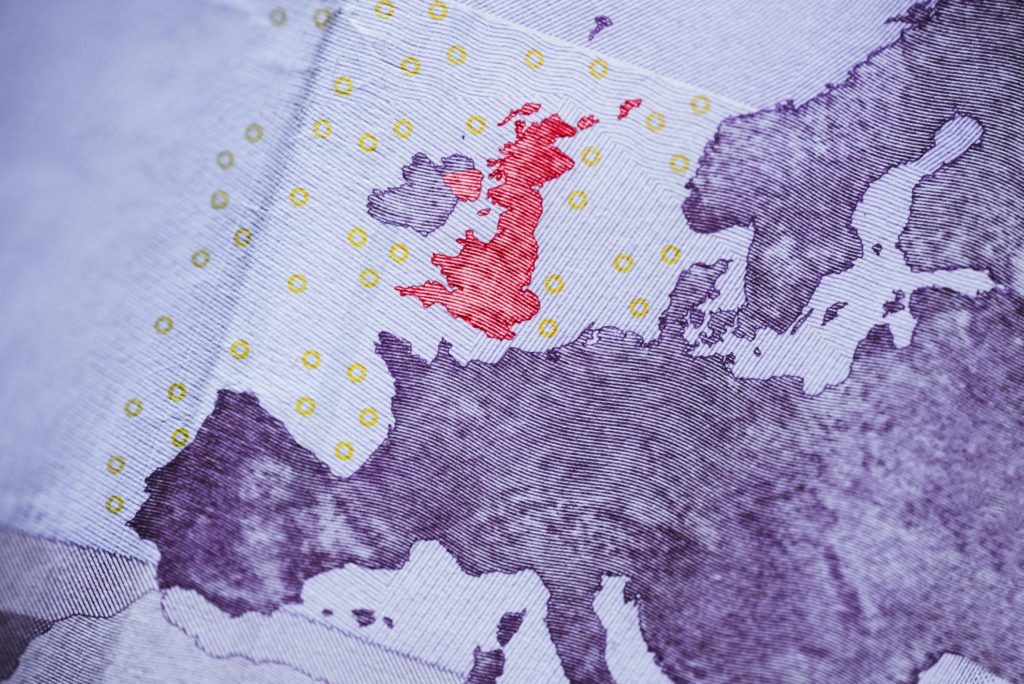Ford Europe boss backs UK Brexit deal as best current option for industry
03 December 2018

3 December 2018
Ford has backed the UK Prime Minister’s Brexit deal to avoid a ′catastrophe’ in the country but has said that long-term frictionless trade with the continent needs to be guaranteed.
Ford Europe boss Seven Armstrong told news agency Reuters that the company was considering importing more vehicles into Britain ahead of Brexit on 29 March 2019, in order to avoid any disruption should Theresa May’s plan not be approved by the House of Commons.
The carmaker is also working with its suppliers to minimise delays, while looking to potentially adapt its own port at its plant in Dagenham, near London.
Armstrong said May’s deal with Brussels ′isn’t perfect,’ but allowed the automaker to plan.
′A no-deal Brexit would be a catastrophe. It’s important that we get the agreement ratified that’s on the table at the moment,’ he said.
There are concerns from the UK’s automotive industry over what will happen when the country leaves the EU. While May’s plan for a transition period will help companies prepare for any trading relationship in the future, up until the end of 2020, should the agreement not be passed in the UK Parliament, then the country could face a ′no-deal’ scenario. This could lead to import and export tariffs, plus delays at ports due to customs checks.
′I keep pushing the point that we need frictionless trade at the borders as well,’ Armstrong said. ′That’s not quite crystal clear in the withdrawal agreement.’
Ford operates two engine plants but builds no vehicles in Britain. The country is its third-largest market, and the destination for roughly one in three cars made at its German Cologne plant as well as one in four vans from a Turkish site.
′We would look to see what the opportunity would be to bring more vehicles in ahead (of Brexit),’ said Armstrong. ′It would help us through April, May and into June.’
Ford also operates its own port near its Dagenham engine plant and is considering how to handle any additional bureaucracy.
′We are planning how we would use that,’ Armstrong said. ′What would the physical infrastructure changes need to be if we had to do different customs checks at the port there.’
In October, Ford announced that it could reconsider its UK operations in the event of a no-deal Brexit, describing such a scenario as a ′red-line’ that would be crossed. The company currently employs 14,000 people in the UK, including 3,000 at its diesel engine plant in Dagenham and 1,950 at its facility in Bridgend. The carmaker also has a head office in Warley and a research and development centre in Dunton, Essex.
Ford is not alone in its concerns over what is deemed a ′hard-Brexit’. A new survey has revealed Three-quarters of businesses fear that such a scenario will threaten their future viability. The results highlight the critical need for a Brexit withdrawal deal and transition to prevent the industry from falling off the cliff-edge when the UK leaves the EU next year.